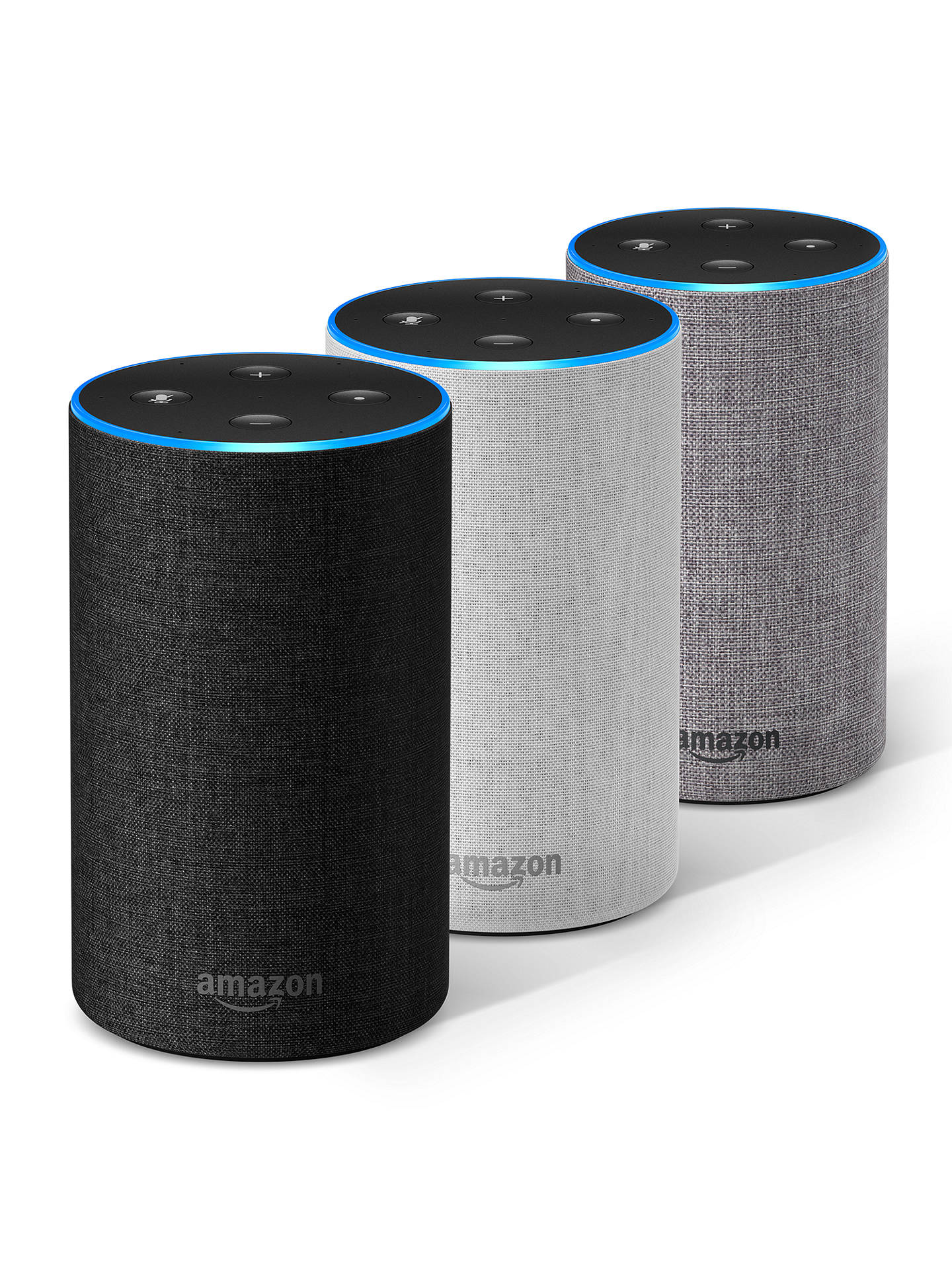In Autumn 2011, Apple Inc. launched Siri as a feature on its then-current iPhone, the 4S. Although far from perfect, Siri was fun, and intriguing – in so much as trying to work out what accents and phrases it might understand.
Fast forward a few years and now we’re spoilt for choice when it comes to virtual assistants, with Amazon’s Alexa, Google’s Assistant, and Microsoft’s Cortana all competing for our attention. The question is, are these devices intelligent enough to actually be of use, or are they simply solutions to problems that don’t exist?
It seems one of the biggest faults with voice-activated technology is that many feel awkward and uncomfortable talking at their phone in public. Furthermore, with the speed and accessibility of modern-day smart phones, it’s often more effort to use the inbuilt personal assistant compared to doing things manually.
It’s therefore logical to think that if people are reluctant to use the virtual assistants on their phones, then a product like the Amazon Echo is unlikely to be a massive hit. However, this does not seem to be the case.
Since 2015 when the Echo was released, Amazon have added a number of products to the virtual assistant family – first the more budget-friendly Echo Dot, followed by the new Echo Show and the recent Echo Auto. This could suggest that they’re looking to capitalise on the success they’ve had with the original model (investment firm Mizuho predicting early on that the revenue generated by both Alexa and the Echo could surpass $11 billion by 2020.)
Whilst these predictions may seem a little optimistic, they are acknowledging the wider impact on revenue that exists when more consumers own an Echo. Not only do Amazon get a profit margin on each unit, but more importantly they get an increase in commerce as Alexa makes it incredibly easy for you to order things from the Amazon store.
But have Amazon developed a product that will one day become a fully integrated part of modern life? Probably not. Alexa may be able to read us the news or add something to our shopping list but these are tasks that we can already do in a matter of seconds. That’s not to say that we won’t see a more intelligent voice activated assistant in the future – one that will perhaps be able to carry out more complex tasks such as banking and home security.
For Amazon though, success doesn’t lie in having created something essential, as for many people the echo serves as nothing more than a household toy. In fact, developing a product that will fly off their warehouse’s shelves may not be the company’s aim either – there might be an underlying goal.
With Alexa sitting in the corner of more and more people’s kitchens, a growing number of households will inevitably become loyal to Amazon and with that, the company may start to see numbers increase where it really matters for them… Amazon Prime membership.
Will Southall

